
Source: PressTV
http://www.presstv.ir/detail.aspx?id=117462§ionid=3510303
By: Anoush Maleki
"I think he was a monster."
That is how former British Prime Minister Tony Blair described the former Iraqi dictator Saddam Hussein on Friday, defending his legacy before an official inquiry into Britain's role in the US-led invasion of Iraq in 2003.
Mr. Blair, who is now a Middle East peace envoy despite his immediate role in an illegal war, was accused of misleading his countrymen by exaggerating a fallacious report about a non-existing arsenal of weapons of mass destruction (WMDs) in the hands of the Iraqi leader, and ordering British troops into following former United States President George W. Bush's lead into the oil rich country.
On Friday morning, the former Labour leader arrived at the Queen Elizabeth II Conference Centre next to the Houses of Parliament two hours early to avoid anti war protesters who braved a drizzling rain during the hearing.
The relatives of British servicemen killed in Iraq who had managed to secure seats at the testimony were mostly respectful but demonstrators, wearing Blair masks covered with stage blood and waving placards reading "Jail Tony" and "Bliar," mounted a noisy vigil outside the building.
As the much anticipated hearing began, Mr. Blair quickly turned to his prodigious political skills and took advantage of the terror attacks of September 11, 2001 in America to defend his case.
He said his government had considered Saddam Hussein — which enjoyed the full support of London as well as Washington in its failed invasion of Iran and the eight year war that followed — a considerable risk, but the justification for his world vision hinged solely on the terror attacks.
"The crucial thing after September 11 is that the calculus of risk changed," he said. "The point about this terrorist act was that over 3,000 people had been killed on the streets of New York, and this is what changed my perception of risk: if these people inspired by this religious fanaticism could have killed 30,000, they would have."
But he failed to note that the al-Qaeda operatives who took responsibility for the terror attacks had emerged out of a lawless Afghanistan, which was under the rule of Taliban up to the US invasion — the very same "really bad guys" who the United States now ponders on ways to bring back into power.
He also overlooked the fact that during the build up to the Iraq invasion on March 20, 2001, the war in Afghanistan, which had begun shortly after 9/11, was still ongoing with no end in sight as Qaeda militants were roaming the country freely and violence was spreading across the poor nation.
Mr. Blair, however, said he was certain the calls by the Americans had to be answered, and the world is now safer because of his action.
"I believe he [Saddam Hussein] threatened not just the region, but the world," Blair told the government commissioned panel of career diplomats and academics. "If I'm asked if I believe we are safer, more secure, that Iraq is better, that our own security is better with Saddam and his two sons out of power … then I believe indeed we are."
At the end of six hours of intense questioning, with angry Britons and many of his critics expecting some sort of an apology, Mr. Blair left the center stage without expressing any symptoms of inner regret.
"The decision I took — and frankly would take again — was: if there was any possibility that he could develop weapons of mass destruction, we would stop him. It was my view then and that is my view now."
His response prompted James Sandry, one of the 80 members of the public who won a public ballot to be seated at the testimony, to shout, "Ah, come on!"
Mr. Blair also managed to get a rise out of the families of fallen soldiers as he maintained his confidence and articulate posture — the same talent that enabled him to sell the dubious pre-war report to his colleagues and a skeptical Parliament — while refusing to acknowledge the military families at the hearing.
The mother of a young Scottish soldier, Rose Gentle, whose son Gordon fell victim to a roadside bomb near Basra in June 2004, said she felt "sick with emotion" as the former prime minister, who ruled the country for more than 10 years, gave evidence at the inquiry, Herald Scotland reported.
"He had a smirk on his face which has made the families very angry. He has convinced himself that he was right, but it has emerged that half the Cabinet were not given all the papers. It makes me so angry," said Mrs. Gentle, an outspoken critic of the war. "I will never forgive him and I believe he should stand trial … I will be angry with him for the rest of my life."
Although he was branded by angry protesters as a murderer and liar as he ended his testimony, Mr. Blair seemed to have silenced his political critics on Iraq, even after insisting that the decision to occupy the Middle Eastern country had not been made in secret with President Bush at Crawford, Texas, in April 2002 — despite assertions by Britain's then ambassador to Washington, Christopher Meyer, that such a deal had been "signed in blood" at the ranch there.
However, the highlight of the night came as Mr. Blair forced the testimony, which was being aired on national television, in a new direction by taking advantage of the platform and pitched for opening a new battlefield as he mentioned Iran 58 times.
He argued that he sees the same justification that forced him to dispatch troops to Iraq — where at least 179 British servicemen were killed in action and some 5,970 others were injured — about Iran. He then said world leaders might have to go to war to stop Iran's nuclear program — which Tehran says is aimed at the civilian applications of the technology, such as electricity generation.
"We face the same problem about Iran today," Mr. Blair told the inquiry, chaired by Sir John Chilcot.
"When I look at the way Iran today links up with terror groups ... a large part of the destabilization of the Middle East ... comes from Iran," he said. "My judgment — and it may be other people don't take this view, and that's for the leaders of today to make their judgment — is we don't take any risks with this issue."
He claimed Iran, a predominantly Shia country, had supported al-Qaida, which associates itself with an extremist interpretation of Islam, in destabilizing Iraq.
Sir Richard Dalton, former UK Ambassador to Iran from 2002 to 2006, dismissed the allegations as a "piece of spin."
"To say that Iran was the principal reason seemed to me to be part of a broader argument which he was trying to make, namely that it makes what he did in Iraq look better if he extends it to the future and says the policies then might have to be applied. But Iran is a completely different situation," Ambassador Dalton told the BBC Radio 4 Today program, warning against Mr. Blair's attempt to put the question of confronting Iran militarily into the 2010 elections.
Nonetheless, with the remarks, the former premier once again pledged allegiance to his close friend, President Bush who had put Iran alongside Iraq and North Korea on his historic "Axis of Evil."
The allegations, meanwhile, resembled those Iraq was charged with in the run-up to the 2003 invasion.
Aside from the WMD allegation, Baghdad was accused of cooperating with al-Qaeda elements who were behind the 9/11 attacks. But it was only after the invasion that US intelligence agencies admitted the presence of the so-called al-Qaeda cells were established after the fall of Saddam's semi-functional government.
Mr. Blair's attempt to link his unpopular, and illegal as many Britons argue, military adventure to Tehran may have miserably failed but his calls for waging war against the Islamic Republic will be weighed by leaders around the world who can realize that the Saddam regime is in no way comparable to the Iranian government and its military might.
It is also noteworthy that the charges that Iran may have weapons of mass destruction, including nuclear bombs, or it is pursuing them are unsubstantiated, according to the Untied Nations nuclear agency which has kept a close eye on the country's activities.
Questions still remain among many Britons and Iraqis why Mr. Blair is not being called to The Hague and tried as a war criminal, but for now, his warmongering world vision can bring his political demise.
"I'm hoping he's going to live in the USA after this," said John Howsam, a pensioner who stayed outside the Queen Elizabeth II Conference Centre during Mr. Blair's hearing. "Him and Bush are ... cronies, aren't they?"
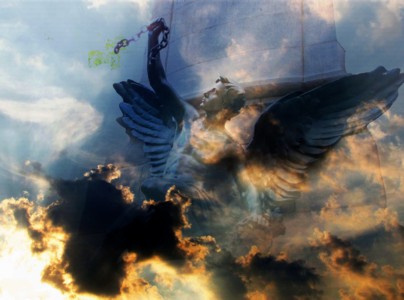












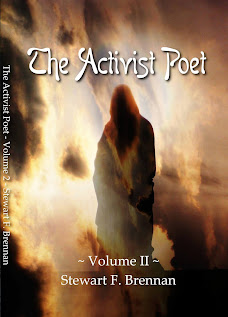



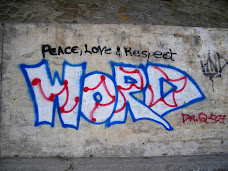


a.jpg)

a.jpg)

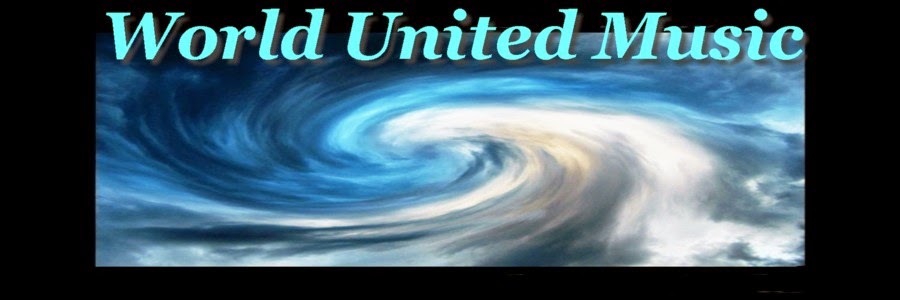

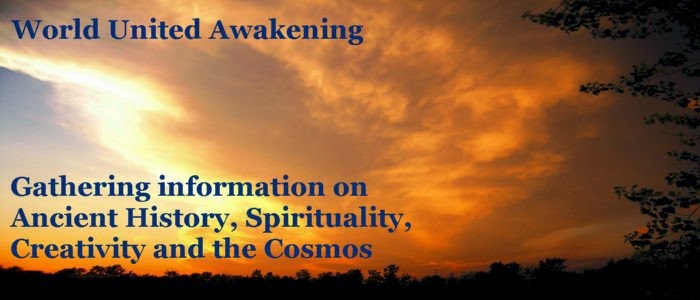

No comments:
Post a Comment
Thanks for commenting on this post. Please consider sharing it on Facebook or Twitter for a wider discussion.